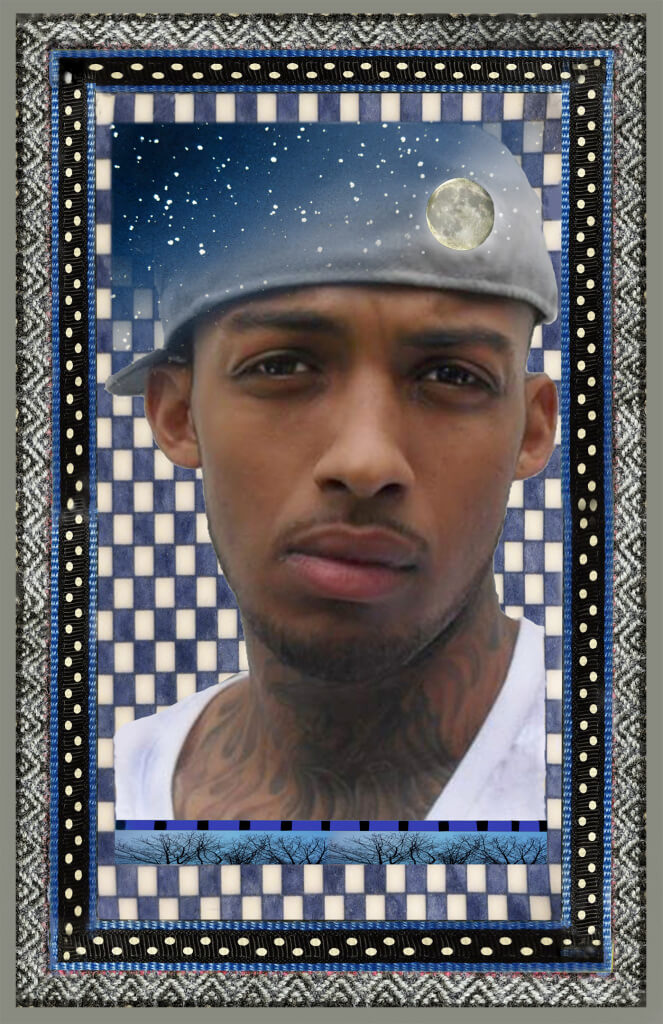 Many rave about watching a birth. But maybe more awesome is witnessing life’s end. Years ago I tried to watch departing life evaporate into nowhere from the still form of my father. I stared, transfixed on the invisible drama, waiting for signs of a soul already taken flight: the just-stopped pulse, the empty lifeless eyes. My father’s half open, black marble eyes still caught glimpses of light. For how long could he see me? He lay there calm and still while his family shook in sobs. I could not tell if the life ebbed out of him slowly, or if it left as in the flick of a switch.
Many rave about watching a birth. But maybe more awesome is witnessing life’s end. Years ago I tried to watch departing life evaporate into nowhere from the still form of my father. I stared, transfixed on the invisible drama, waiting for signs of a soul already taken flight: the just-stopped pulse, the empty lifeless eyes. My father’s half open, black marble eyes still caught glimpses of light. For how long could he see me? He lay there calm and still while his family shook in sobs. I could not tell if the life ebbed out of him slowly, or if it left as in the flick of a switch.
The astounding mystery of where life goes in the time it takes for a heart to stop beating makes death intriguing company to sit with. Is life locked dormant inside or does it dissipate into the negative space among the grieving family members? Does it escape into countless particles of dust? Are there a gazillion invisible, homeless souls freed from their earthly shells, crammed around us, hovering over the ones they loved and left behind? Where does life go?
There are a million different ways to look at death:
Our dying begins the moment we take our first breath so death is the last part of life, the completion of a cycle of bloom and decay; We are all dying but some of us simply have an earlier flight; Death is a transition, not an end, of body, mind, and spirit; Death is passing on the torch, joining the line of ancestors that anchor the living to the past and future. It’s the termination of our vital processes, a break in our stream of consciousness, an illusion, an adventure, freedom from earthly pain, a disease with no cure, a change in our physical forms, …Maybe the deceased live alongside us, having shed their bodies but not their souls.
However we look at it, death is not about being lost.
Admiring Ricardo “Ricky” Bernabeu’s eyes. What are some other ways of looking at death?